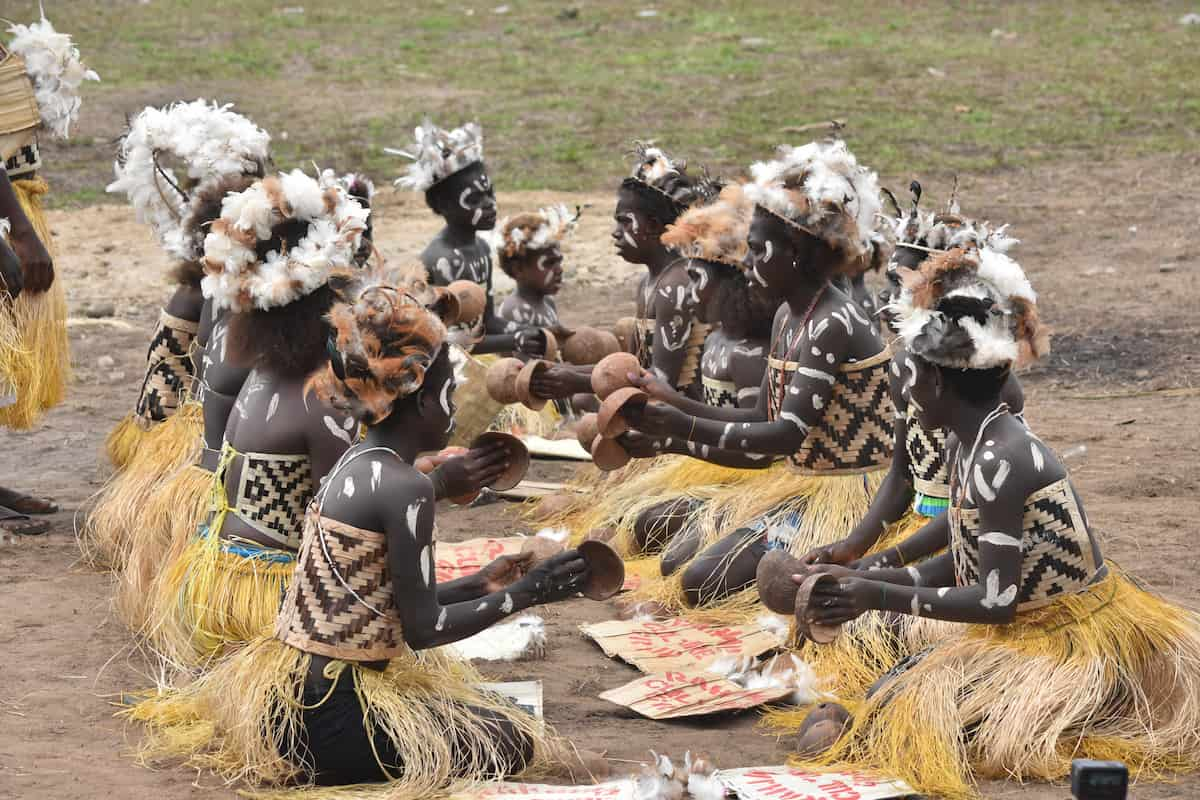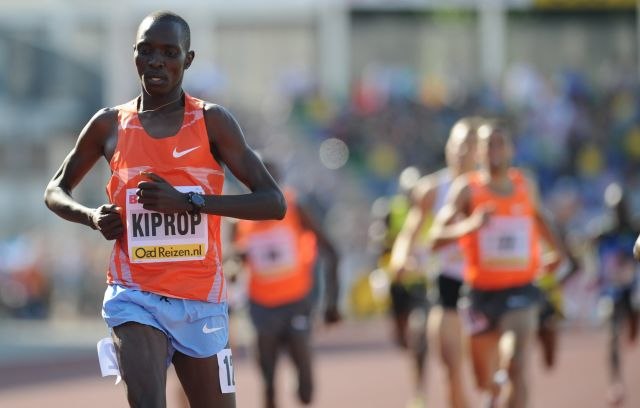The people of Africa have always believed in spirits and were spiritual even before European colonization. They believed and worshiped a Supreme being who created the heavens and the earth. Each ethnic group in Africa has its own understanding of the Supreme being. Here are the six mythological figures of African culture.
Join our Spotcovery Global Black Community Facebook Group for early access to exclusive content and to share in a lively discussion.
Become an insider. Subscribe to our newsletter for more top trending stories like this!
Anansi the Trickster Spider
Anansi is a black god that usually appears as a spider but can take on human form. It’s a central mythological figure in the tradition of most West African cultures, especially among the Akan people of Ghana and the Ashanti region. He’s known as the spirit of all tales and knowledge.
People Also Read: African American Festivals: How to Make Your Black Festival Experience More Fun
Modjadji
Queen Modjadji, also known as the Rain Queen is South Africa’s rain goddess. Modjadji spirit dwells in the body of a young lady who’s seen to be the queen of the Balobedu ethnic group. The people of Balobedu believe that the rain queen has the power to control the clouds and rainfall.
Amadioha
Another popular mythological figure of African culture is Amadioha. He’s the Agbara or arusi (spirit worshiped in Igbo land) of the thunder and lightning of the Igbo people of southeastern Nigeria.
Amadioha is known as the god of justice. He talks through thunder and strikes through lightning. Anyone found guilty by Amadioha is usually killed by lightning.
Mami Wata
When you think of beauty and attractiveness, Mami Wata has them in abundance. Mami Wata is a water spirit worshiped in Central, West, and Southern Africa and in the Afro-American diaspora. She has a female human upper and a serpent or fish lower part.
Mami Wata represents good fortune, wealth, healing, and the threat of destruction to those who go against her rules. She’s celebrated and worshiped in rivers through rituals of music and dance. Many books on Amazon can teach you more about Mami Wata.
Loa
Iwa, also known as Loa, serves as the mediator between humanity and the divine. In their thousands, they guide, heal, and protect the loyal followers of the voodoo tradition.
Voodoo is a region that’s unknown to many people. It’s more associated with witchcraft and devil worship than it’s recognized as a region.
Become an insider. Subscribe to our newsletter for more top trending stories like this!
But people who attribute Voodoo and its tradition as satanic are often not aware of its rich folklore and culture. The Voodoo’s thousands of Loa represent years of creativity, intercultural mixing, and spiritual resilience.
Takhar
Takhar is known as the god of justice or vengeance. It’s a demi-god in the Serer religion in Gambia, Senegal, and Mauritania. People worship Takhar so that he can protect them against bad omens, abuse, and injury.
The worshipers offer cattle and poultry as sacrifices to him under the tallest trees. They keep the sacrifices there because they believe that he lives in the upper branches of a tree. The fear of being visited by Takhar prevents people within the Serer religion in Gambia, Senegal, and Mauritania from committing crimes.
Africa is a continent with rich culture and traditions. And the continent’s story is incomplete without the mention of their god and goddesses. The reason is that the people of the African region have always believed in mythological figures. The ones covered here are the most popular ones. If you want to learn about them, you can check Amazon for books.
Read also: 7 Amazing African Animals With Horns
Nearly 80% of consumers visit directories with reviews to find a local business. List your business for free in our exclusive Spotcovery Black-Owned Business Directory.
Spotcovery offers unique and fresh daily content on Black culture, lifestyle, and experiences. We talk about everything black, black people, black-owned and black-owned businesses. We also deliver authentic and relevant content that will inform, inspire and empower you! The future of black media is critical to today’s black experience! Our primary audience includes African American, African, Afro-Caribbean, and people of African heritage. Black culture is for the culture!
Become an insider. Subscribe to our newsletter for more top trending stories like this!





